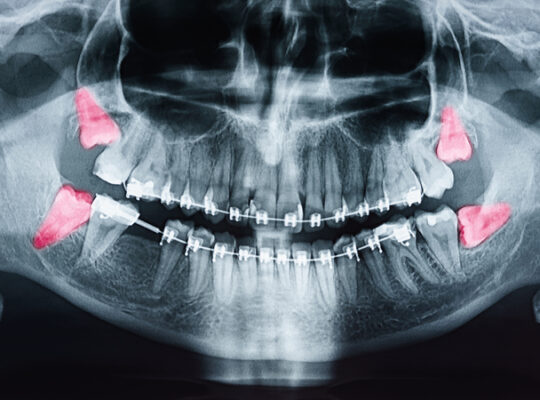In today’s fast-paced world, taking care of your mental health is more important than ever. With the rising awareness around mental health issues, it’s crucial to equip yourself with the knowledge and tools to navigate these challenges effectively. Understanding your mental health issues, identifying triggers, and learning coping mechanisms are essential steps toward achieving emotional wellness.
Understand Your Mental Health Issues
Understanding the nature of your mental health issues is the first step toward effective management. Seek professional help to get a proper diagnosis. Mental health professionals can provide valuable insights into your condition, helping you comprehend the root causes and triggers. By understanding your mental health condition, you gain clarity, enabling you to make informed decisions about your well-being. Knowledge can help reduce the stigma associated with mental health issues, allowing you to open up and seek support from loved ones.
One way to understand your mental health issues is by educating yourself about the different types of disorders. This includes mood disorders such as depression and bipolar disorder, anxiety disorders like generalized anxiety disorder or panic disorder, personality disorders such as borderline personality disorder, and psychotic disorders like schizophrenia. By learning about the symptoms and characteristics of these disorders, you can determine if they align with your own experiences and seek appropriate treatment accordingly.
Find What Triggers You
Identifying triggers is crucial in managing mental health issues. Triggers can be diverse, ranging from specific situations to environmental factors. Even some financial situations like foreclosure can put your mental health at risk. Recognizing these triggers empowers you to anticipate challenging situations and develop strategies to cope. Keep a journal to note down situations where you feel particularly distressed. Over time, patterns may emerge, aiding you in pinpointing the triggers that affect your mental health negatively. It is important to note that triggers can also be positive. Identifying activities or situations that bring you joy and a sense of calm can be just as beneficial in managing your mental health. Creating a list of both negative and positive triggers can guide you in making choices that will positively impact your well-being.
Learn Coping Mechanisms
Equipping yourself with coping mechanisms is vital in handling mental health issues effectively. Coping strategies vary from person to person; what works for one may not work for another. Therefore, it’s essential to explore various coping mechanisms and find what resonates with you. Mindfulness exercises, meditation, physical activity, creative pursuits, and talking to supportive friends or family members are examples of coping strategies. Consider seeking therapy or counseling to learn personalized coping techniques tailored to your specific needs. Incorporating faith-centered practices can also be immensely beneficial. Engaging in prayer, meditation, or attending spiritual gatherings can provide solace and strengthen your emotional resilience. Many individuals find comfort and healing in connecting with their faith during challenging times.
Being better prepared to handle mental health issues requires a proactive approach. Reach out to mental health professionals, faith leaders, or support groups to embark on your journey toward healing. By investing in your mental health, you not only enhance your well-being but also pave the way for a more fulfilling and meaningful life.
Did You Enjoy Reading This Article? Here’s More to Read: Why You Should Start Your Morning With a Cup of Tea






